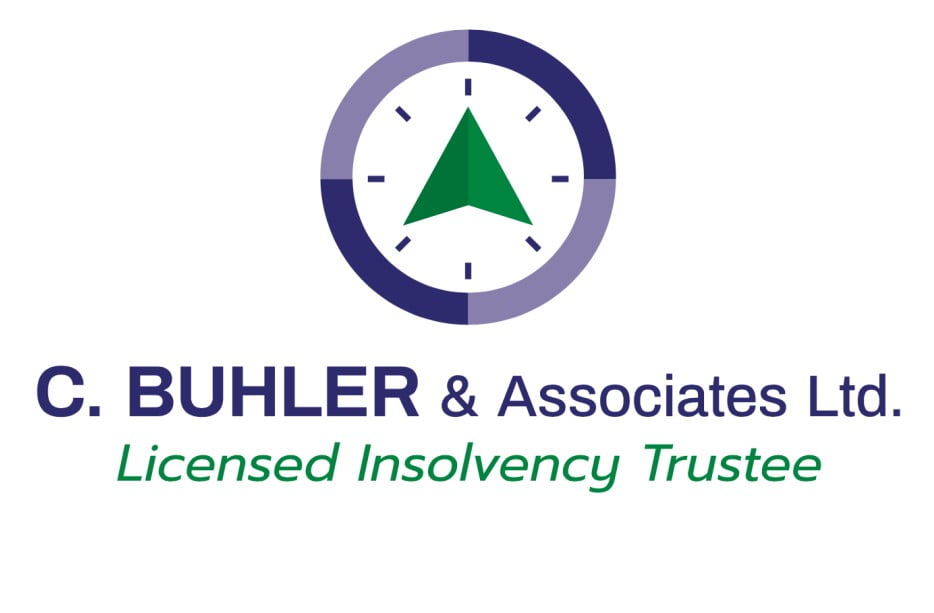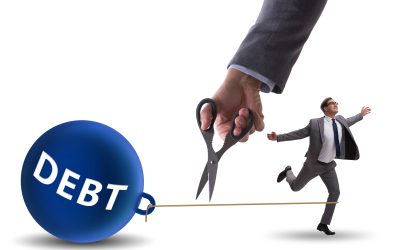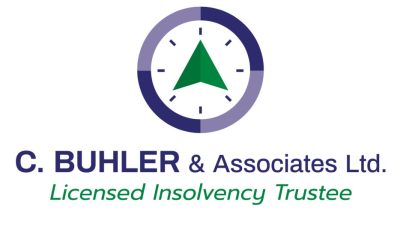
What to do about Income Tax Debt
Financial Options for dealing with Income Tax Debt
Owing income taxes to Canada Revenue Agency (CRA) can be a scary place to be. In addition to freezing bank accounts and garnishing wages, CRA has an extraordinary ability to collect on debt owed, including seizing assets and putting liens on Real Estate. How can you work together with CRA to solve your debt problem while ensuring your assets are protected? We can help.
Options for dealing with Income Tax Debt
It is a common misconception that amounts owed to CRA – ‘the government’ – can’t be included in a bankruptcy or a Consumer Proposal. That is not true. Amounts owing to Canada Revenue, whether for personal income taxes, GST owed, or as the result of an assessment as a Director of a Corporation, can be included in either of the federally regulated debt settlement processes.
Dealing with Income Tax Debt in a Consumer Proposal
A popular option to deal with unsecured debt is a Consumer Proposal. You can learn more about this option here, but basically a Consumer Proposal consolidates all your debts into one manageable payment, over a period of up to 5 years. It may not always pay all the debt in full, and in fact can be a useful way to reach a binding agreement with your creditors to pay less than you owe, without going bankrupt.
If you decide to consider a Consumer Proposal to deal with your Income Tax, GST or other CRA debt, you can expect your Licensed Insolvency Trustee to calculate the amount they recommend that you could pay, based on your assets, income, and family situation. Once you have settled on an amount you’d like to offer your creditors, your Trustee will prepare the documents required to file your Consumer Proposal, and once filed, will notify your creditors about your choice. Upon receiving the Consumer Proposal documents, CRA, together with any other creditors you have, will have a 45-day period to vote on the Consumer Proposal you’ve filed. At the expiry of the 45-day process, your Trustee will tally the votes, and advise you of the outcome. Although some creditors request a change, or amendment to the proposal, the proposal is only required to be amended if more than 50% of the value of your creditors have requested the change. In our experience, the vast majority of Consumer Proposals are accepted by creditors, without a change to the terms.
Why would creditors accept a Consumer Proposal that will pay them less than you owe?
Creditors understand that if you’ve filed a Consumer Proposal, you are serious about dealing with your debt. They also understand that if your Proposal is rejected, or voted down by creditors, you will likely consider filing a bankruptcy. Although a rejected proposal doesn’t mean you are automatically bankrupt, you have limited options to deal with your debt, and therefore it might make the most sense in the situation. If you end up filing a bankruptcy, creditors would get less from the process than they would if you file a proposal, and therefore they are likely to accept your proposal. So even though they may not be paid in full, creditors are often happy to accept a proposal, given the alternatives.
What if I can’t file a Consumer Proposal? Are there other options to deal with CRA debt?
If a Consumer Proposal doesn’t work for you, you might consider working with CRA on an informal basis, or considering a bankruptcy to deal with your income tax debt. If you are considering a bankruptcy, your Licensed Insolvency Trustee will advise you of the duties you are required to complete, any payments you need to make, or any assets that will be impacted. Bankruptcy will eliminate your income tax debt, as well as any amounts you owe for GST, at the time of your discharge. If you have questions about bankruptcy as an option to resolve your tax debt, please feel free to contact us.
What if my client has a tax problem? How can I get them an appointment with you?
No matter if you are an accountant, an investment professional, working in financial services, or any financial industry you may find you are the first contact when someone has a tax problem. Feel free to contact us on behalf of your client, or together with your client, to work out a plan that can have your client on the road to financial recovery. Since we are a Licensed Insolvency Trustee office only, we won’t seek to ‘poach’ your client from you – they can complete their process with us all the while remaining your client for tax, investments, or other financial products. We can work with you to help guide your client through financial difficulty.





